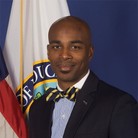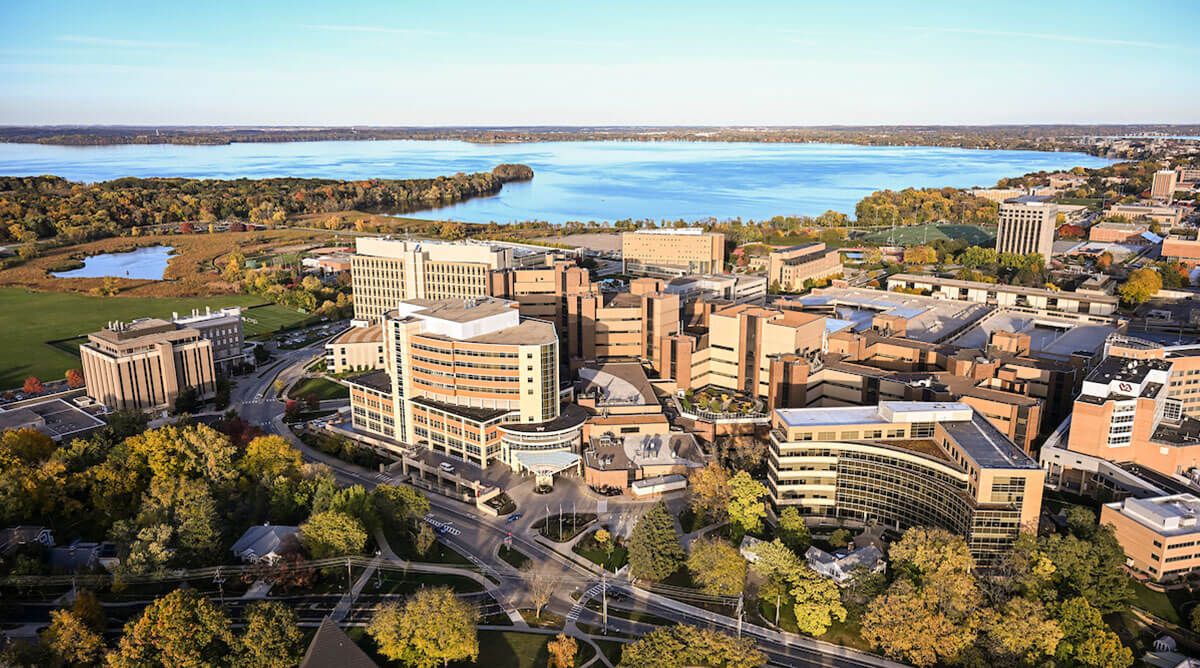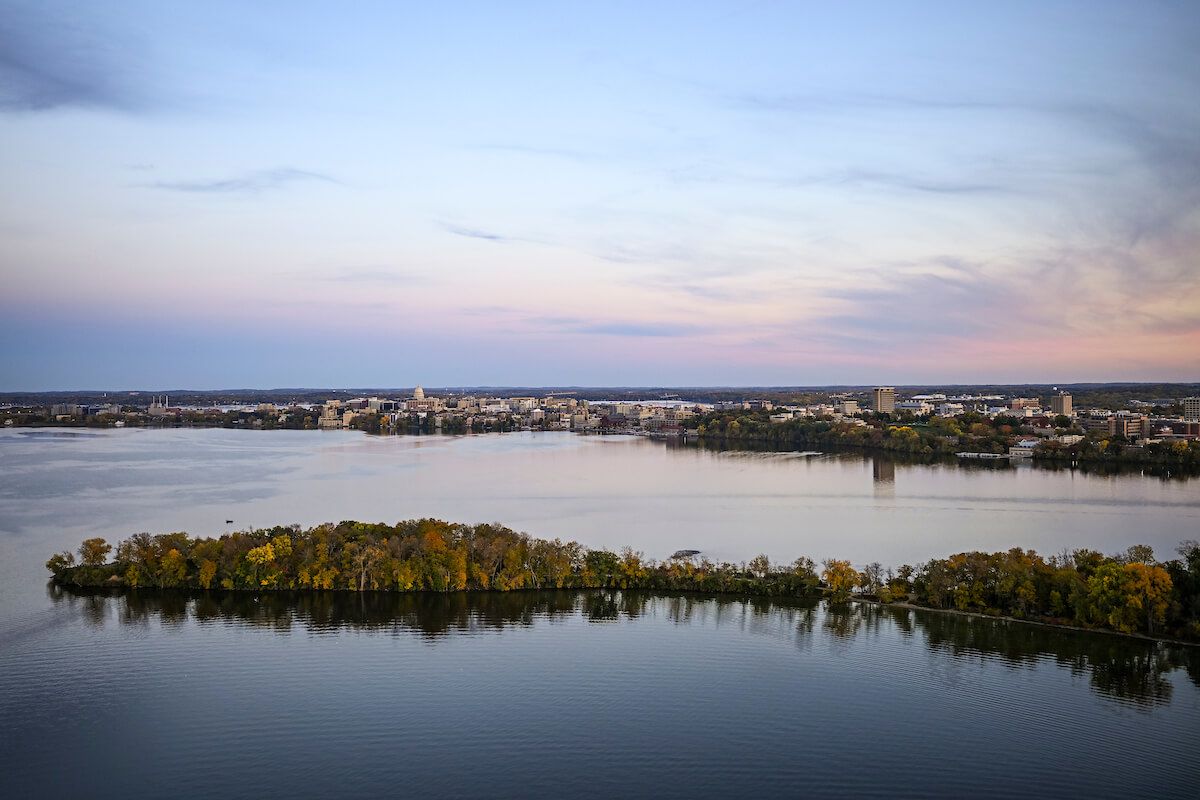After earning his Ph.D. in educational administration in 2001, James T. Minor worked as a researcher and professor and later at the Southern Education Foundation — but then the White House called.
In 2014, Minor was selected to be the deputy assistant secretary in the Office of Postsecondary Education in the U.S. Department of Education.
“Getting a call from the White House isn’t something that happens every day,” he says. “I think going to college is the single most transformative thing that can happen to a young person. And so when my feet hit the ground every morning I’m clear about my personal and my professional mission, which is to ensure a greater number of students have the opportunity to earn a college degree.”
As the politically appointed deputy assistant secretary, Minor oversees the allocation of approximately $2.5 billion annually. He says the Department of Education and its grants have three missions: expand access and success among students in higher education; strengthen institutional capacity and performance; and advance innovation in higher education.
“I think what’s interesting about this position is I get to leverage my background and my training to apply federal grant dollars to advance higher education. UW–Madison is one of the most enriching intellectual environments that I have been a part of and I’m proud to use what I’ve learned there in this capacity.”—James T. Minor
He adds that there is a great need to increase the percentage of young people pursuing higher education, citing that by 2018 the U.S. will have approximately 3 million jobs that can’t be filled because of a shortage of college graduates. He also points out that as recent as 1990 the U.S. was number 1 in the world in terms of the proportion of citizens with a college degree; the U.S. has fallen to approximately number 13.
“I don’t believe there’s ever before been a moment in the history of this country when higher education has been so tightly linked to the economic wellbeing of the nation, to the democratic well-being of citizens, and to the future of the country,” Minor says. “A successful career, for me, is really about being clear about my mission and then finding the best and most appropriate platform to make a meaningful contribution. My graduate experience at UW–Madison prepared me well.”
This is story is republished from the University of Wisconsin-Madison Graduate School. Given its campus-wide responsibility for graduate education and its connection to the research mission through the Office of the Vice Chancellor for Research and Graduate Education, the Graduate School is in a unique position to set university-wide standards and policies, serve a special advocacy and communication role, promote diversity initiatives, and otherwise augment the margin of excellence.








